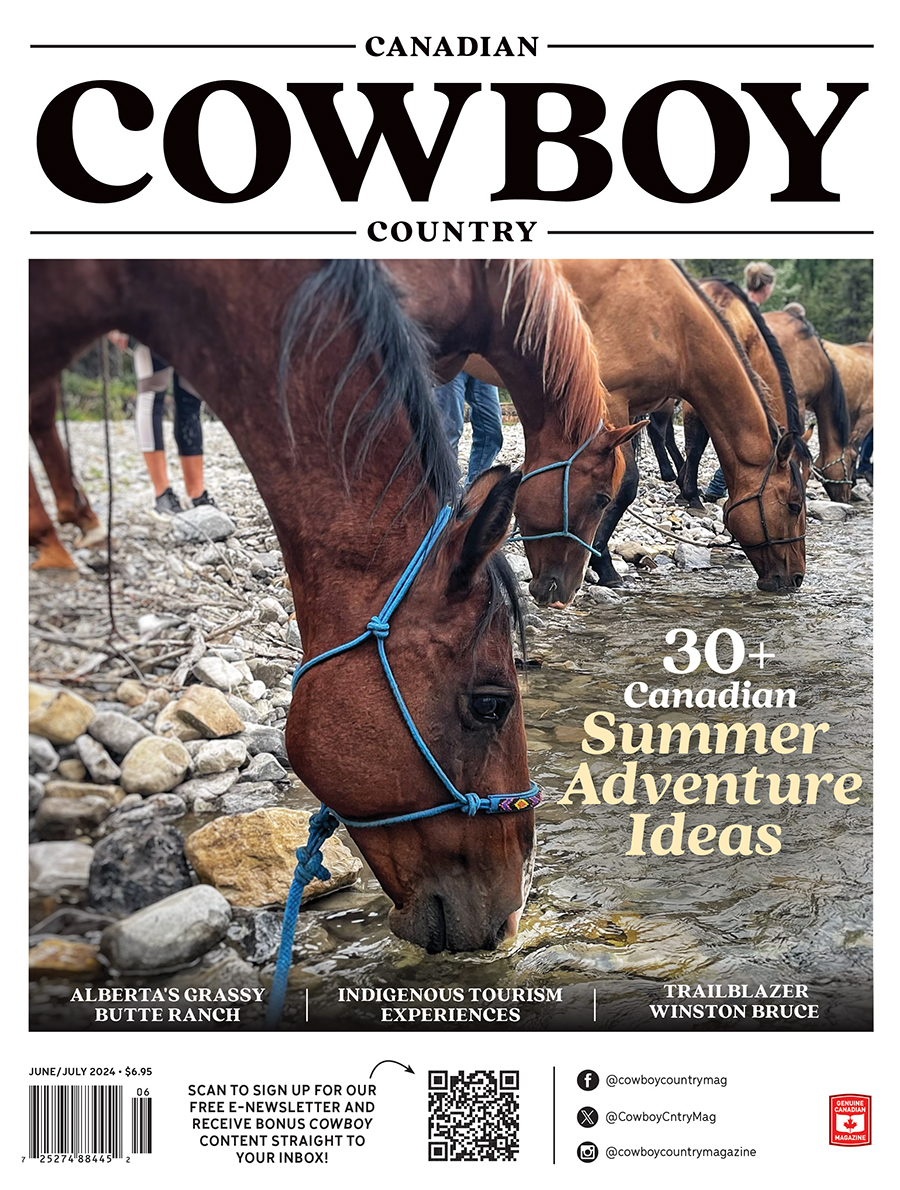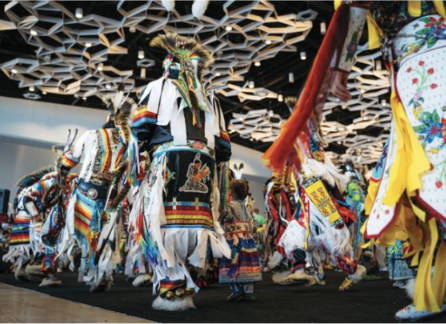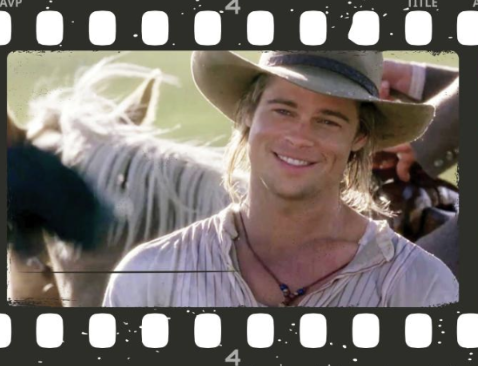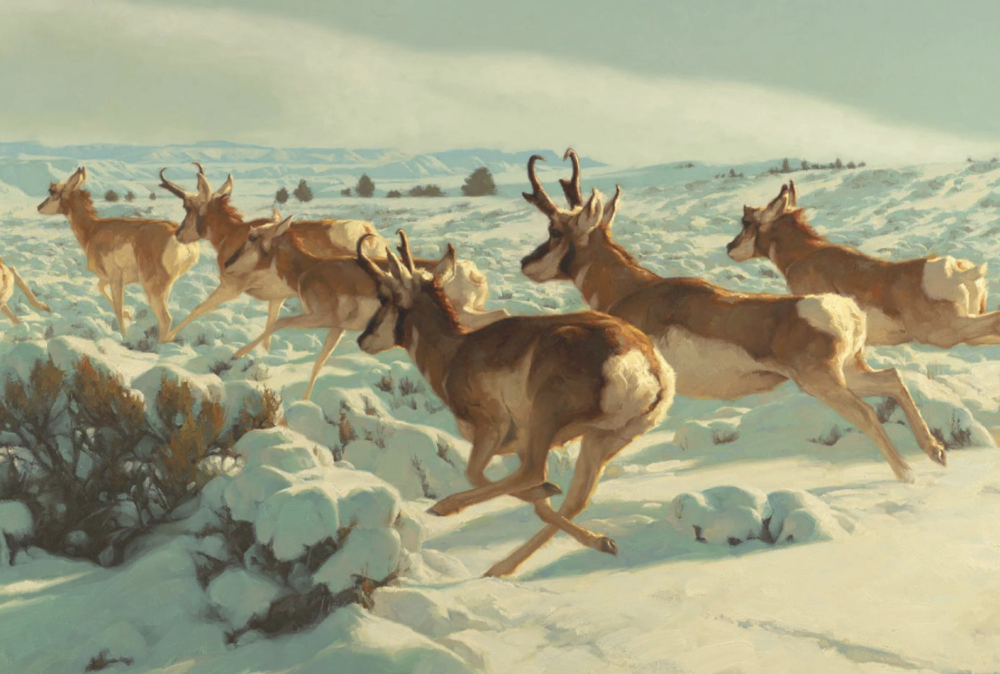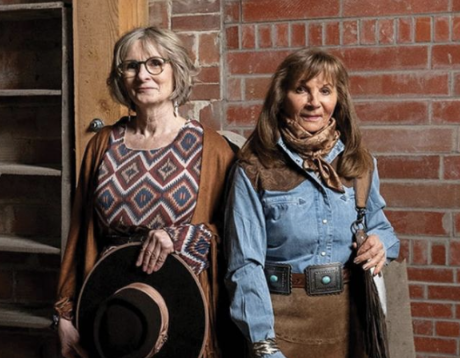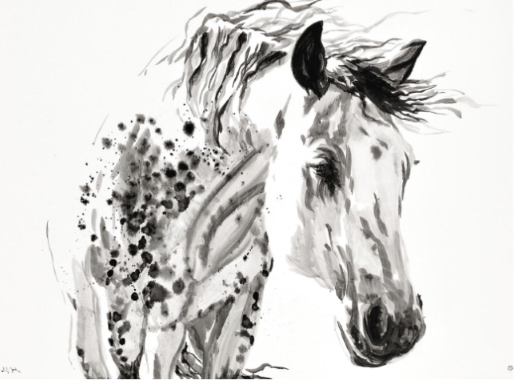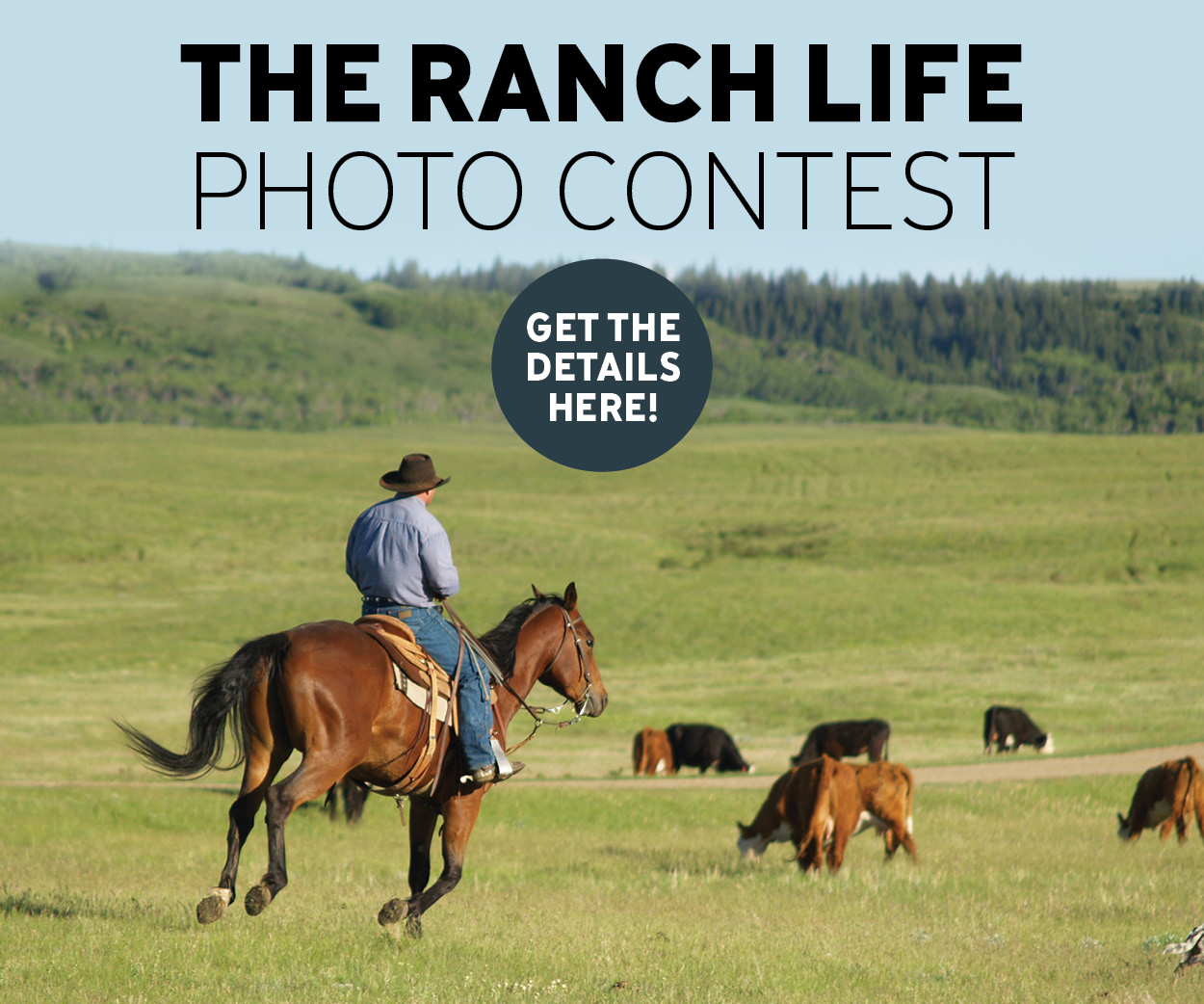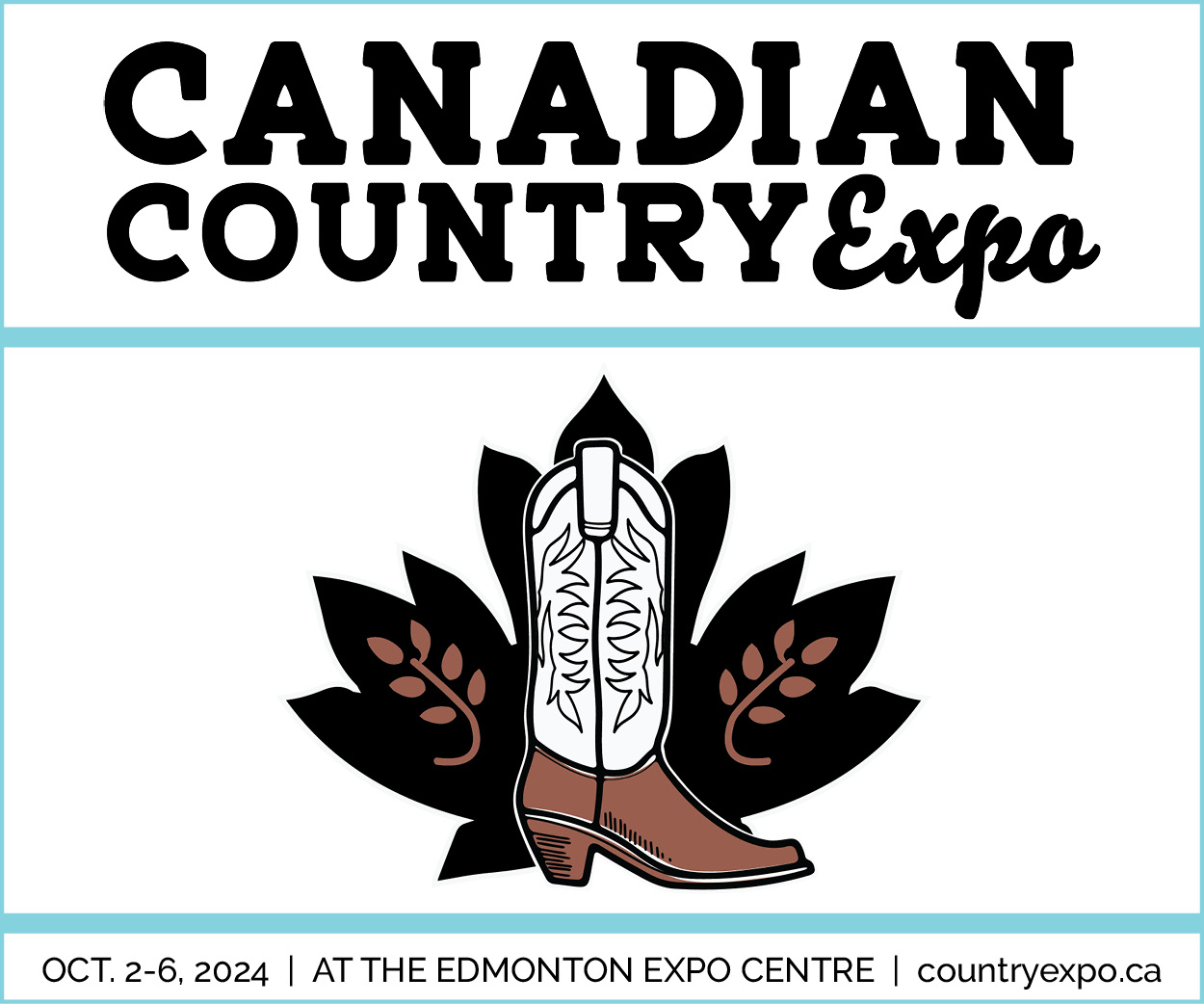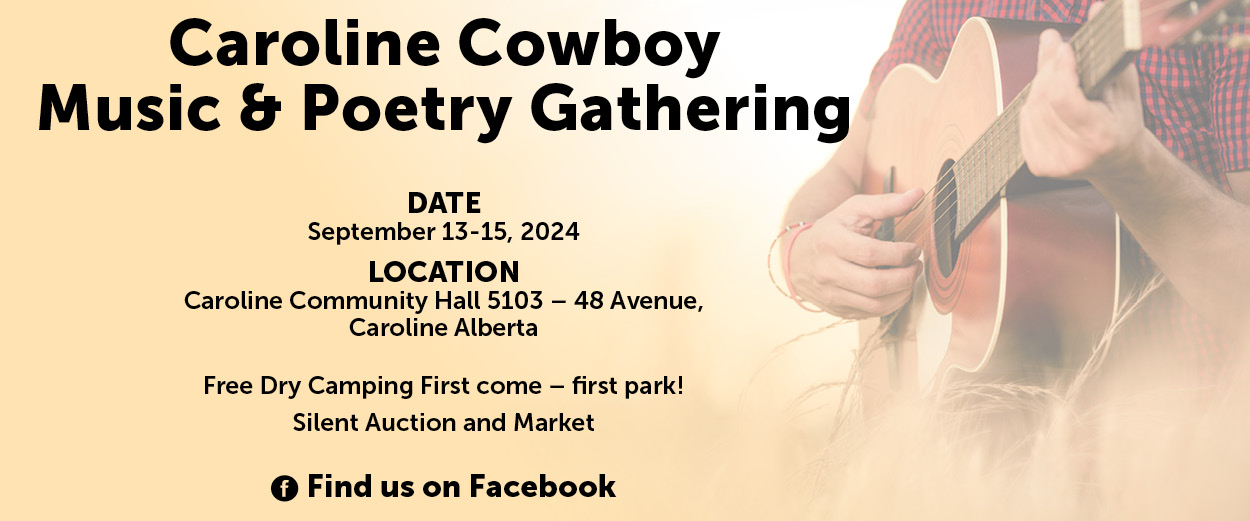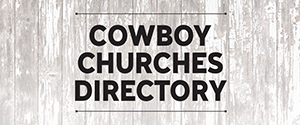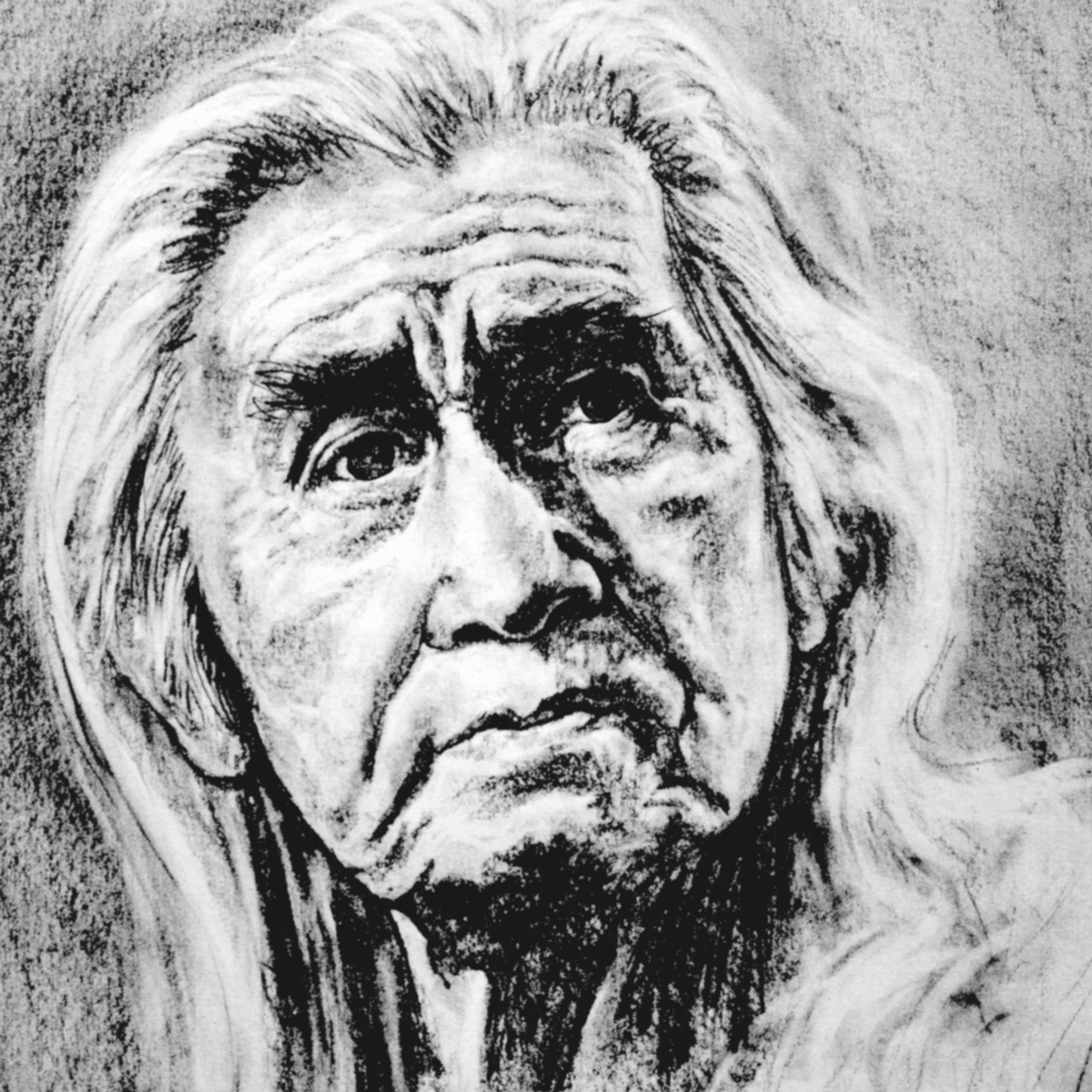
Chief Dan George rose from residential school to be lauded as an internationally renowned poet, Academy Award-nominated actor and the man who, in 1967, addressed the nation and galvanized First Nations leaders and Canadians to effect change.
He was born to a tribal chief and into a family of 11 children on July 24, 1899, on Burrard Indian Reserve No. 3 in North Vancouver, B.C. His given name was Gwesanouth/Teswahno Slahoot, meaning “thunder coming up over the land from the water.” His name was later anglicized as Dan Slaholt, and when he entered a mission boarding school at the age of five, his last name was changed once again, this time to George.
He worked construction, drove school bus, had a band and then became a longshoreman, working on the waterfront for 27 years until he smashed his leg in an accident aboard a lumber scow. Dan George was elected Band Chief of the Tsleil-Waututh Nation from 1951 to 1963. Chief Dan George was married to Amy George and was father to six: Amy Marie, Ann, Irene, Rose, Leonard and Robert.
In 1960 during his tenure as Chief, Dan George won the role of Ol’ Antoine (pronounced “Antwine”) on the CBC series, Cariboo Country. He soon appeared on many television series, including Bonanza, The Littlest Hobo, Kung Fu, The Beachcombers, Marcus Welby, M.D., and the 1978 miniseries, Centennial, based on the book by James A. Michener. On the stage he played Rita Joe’s father in the original production of George Ryga’s The Ecstasy of Rita Joe (debuted 1967, published 1970). Ryga expanded George’s initially minor role in the play after seeing him perform.
But it was long before he was recognized by Hollywood that Canada acknowledged the gentle-speaking elder as more than an actor, but rather as a powerful orator. His famous speech, “Lament for Confederation,” an indictment of the appropriation of First Nations territory by white colonialism, performed at the City of Vancouver’s celebration of the Canadian Centennial in 1967 and televised across the country, shocked the nation and is credited with escalating native political activism in Canada and touching off widespread pro-First Nations sentiment.
His acting talent, natural dignity and humour was evident on screen, and in 1969, Chief George was offered his first feature film, Smith!, a Disney adaptation based on Breaking Smith’s Quarter Horse, a novella by Paul St. Pierre and starring Glenn Ford. Reprising his role as Ol’ Antoine, Chief George joined the cast alongside Indigenous actor, Jay Silverheels.
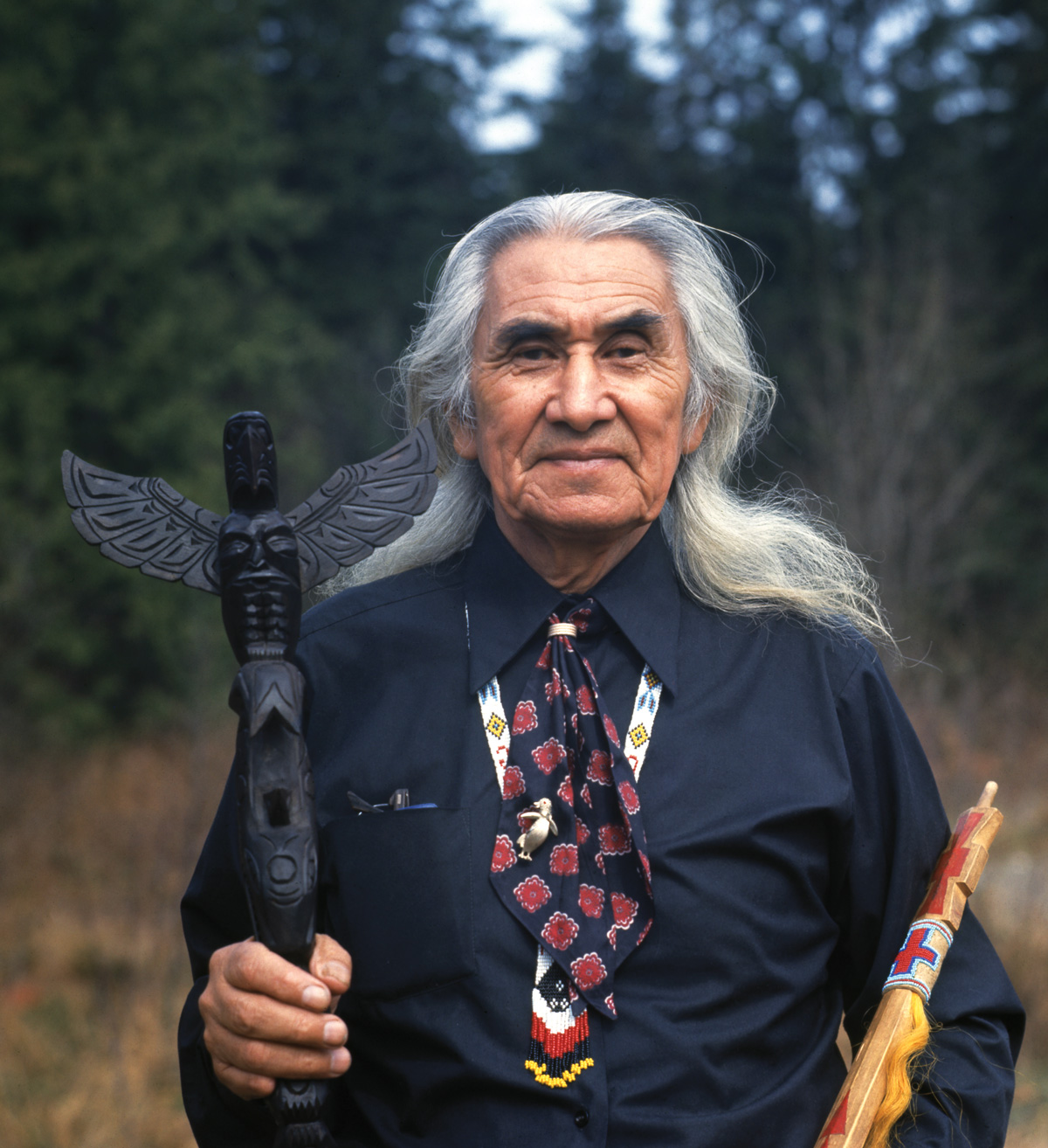
The following year, Chief George gained international attention for his role as Old Lodge Skins in Little Big Man (1970). Starring alongside Dustin Hoffman and Faye Dunaway, Chief George earned an Academy Award nomination for Best Supporting Actor — the first time an Indigenous actor was nominated for an Oscar.
Dustin Hoffman commented, “I was amazed at his energy [he was in his 70s]; he was always prepared with his lines; it was a six-day week; we were shooting thirteen hours a day.” Chief George won other awards for this role, but the acclaim he garnered after Little Big Man was bittersweet because his wife of 51 years, Amy, had died less than three weeks before the Academy Awards.
Later that same year, Chief George was awarded the Officer of the Order of Canada (O.C.) on June 25, 1971, for his service to Canada. His other film credits include iconic roles in which he earned much acclaim as Sam Two Feathers in Harry and Tonto (1974), and famously as Lone Watie alongside Clint Eastwood in The Outlaw Josey Wales (1976).
Seen by many as a role model, Chief George refused to play roles that demeaned Indigenous peoples and culture. Despite his Hollywood success, Chief George never forgot his roots; his main residence remained his home on his reserve.
He died in Vancouver, September 23, 1981, at the age of 82. He was interred at Burrard Cemetery. The legacy of the gifted actor and poet continues. In 2008, he was commemorated on a set of postage stamps honouring prominent Canadians in Hollywood.
In 2010 in front of millions of viewers, actor Donald Sutherland quoted from Chief George’s poem “My Heart Soars” in the opening ceremonies of the 2010 Vancouver XXI Olympic Winter Games:
The beauty of the trees,
the softness of the air,
the fragrance of the grass,
speaks to me.
And my heart soars.
Exhibit
Chief Dan George: Actor and Activist
U’mista Cultural Centre
1 Front Street, Alert Bay, B.C.
June 2018–April 2019
Written Works
My Heart Soars. Toronto: Clarke, Irwin, 1974
My Spirit Soars. Surrey, B.C., Canada: Hancock House, 1982
You Call Me Chief: Impressions of the Life of Chief Dan George. Toronto: Doubleday Canada, 1981
The Best of Chief Dan George. Surrey, B.C.: Hancock House, 2003
Awards & Honours
Academy Award, Nomination, Actor in a Supporting Role, Little Big Man, (1970)
Golden Globe Award, Nomination, Best Supporting Actor, Little Big Man, (1970)
New York Film Critics Circle Award, Best Supporting Actor, Little Big Man, (1970)
Golden Laurel, Best Male Supporting Performance, Little Big Man, (1970)
National Society of Film Critics Award, Supporting Actor, Little Big Man, (1970)
Canadian Council of Christians and Jews, Human Relations Award (1971)
Officer of the Order of Canada (1971)
Legacy
Chief Dan George Middle School in Abbotsford, B.C.
Chief Dan George Public School in Toronto, Ont.
Chief Dan George Theatre, Phoenix Theatre, University of Victoria, B.C.
Filmography
Smith! (1969) as Ol’ Antoine
Little Big Man (1970) as Old Lodge Skins
Cancel My Reservation (1972) as Old Bear
À bon pied, bon oeil (1972) as Himself
Alien Thunder (1974) as Sounding Sky
The Bears and I (1974) as Chief Peter A-Tas-Ka-Nay
Harry and Tonto (1974) as Sam Two Feathers
Chief Dan George Speaks (1974) as Himself
Cold Journey (1975) Special Guest
The Outlaw Josey Wales (1976) as Lone Watie
Shadow of the Hawk (1976) as Old Man Hawk
Pump It Up (1978) as Himself
Americathon (1979) as Sam Birdwater
Spirit of the Wind (1979) as Moses
Nothing Personal (1980) as Oscar
Special thanks to David Hancock of Hancock House Publishing for sharing their images of the late Chief Dan George.


